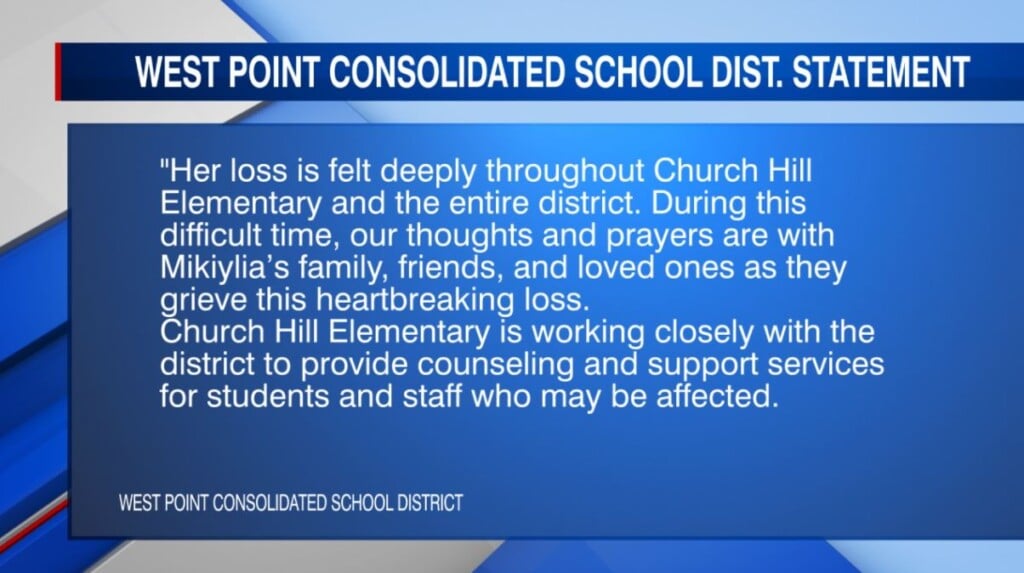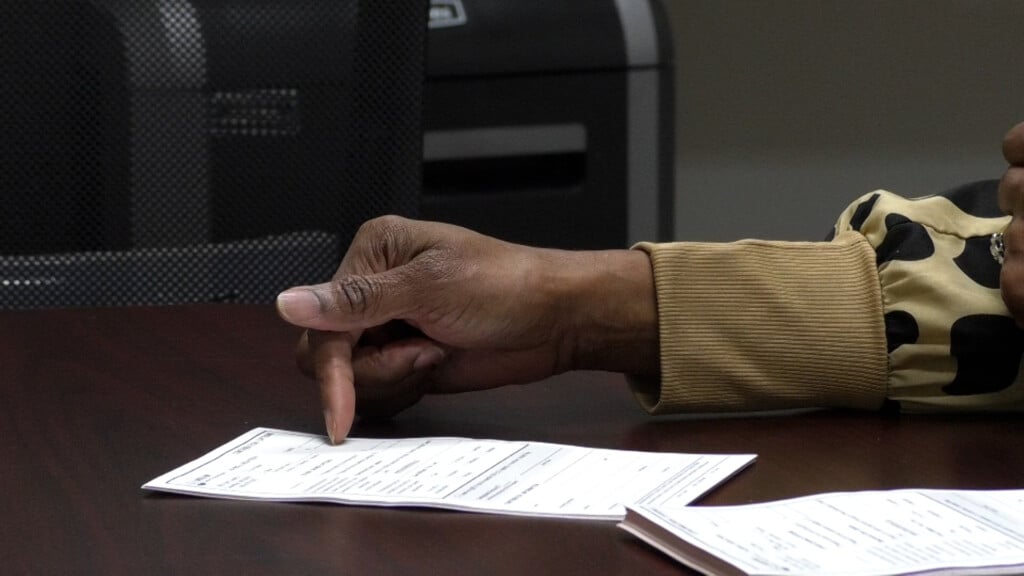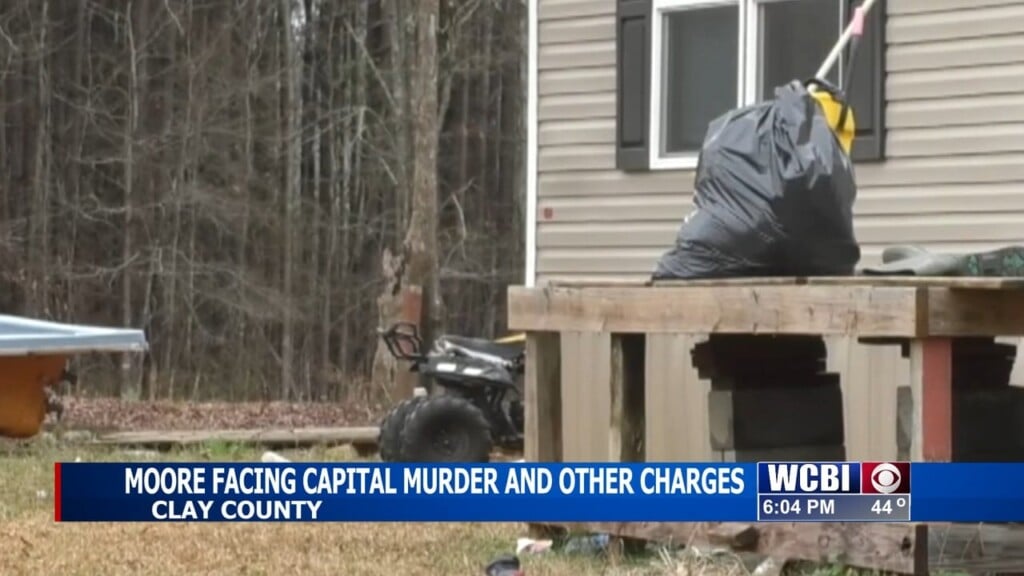“The Good Girl,” accused of murder, insisted she was a victim
Murray Weiss is a “48 Hours” producer. He investigated the Noriella Santos case for the episode, “The Good Girl,” airing Saturday at 10 p.m. ET/PT on CBS.
As a tragic parade of female athletes stepped up to a courtroom podium in Michigan this month revealing years of pain caused by sports doctor Larry Nassar, investigators were baffled explain how this twisted predator managed to abuse girls for decades without being stopped.
Experts say a key factor explaining the disaster is the fact that brave women who complain about offenders historically are greeted with a harsh innate skepticism that impedes honest investigations, and sends a chilling message to others considering emerging from the shadows of abuse, harassment or sexual assault.
“I believe progress has been made in victims being believed and supported,” said Linda Fairstein, a renowned sex crimes prosecutor and nationally recognized leader in the field. “But almost every week, there are cases in the country that are shocking because of the lack of belief that victims or survivors face.”
To that critical point, this weekend’s “48 Hours” explores the issue while unraveling the 2009 execution murder of a promising young New Yorker, Michael Sinclair, then 32, who was lured to his death on a quiet Long Island street.
Within days of the murder, detectives and prosecutors zeroed in on 19-year-old Noriella Santos, who was with Sinclair the night he was murdered. She was an unlikely suspect. Santos was an honors student and the first high school intern at President Clinton’s charity foundation.
And, when charged with second-degree murder, Santos challenged authorities with an unnerving defense. She insisted she was a battered woman forced by an abusive, jealous boyfriend to participate in Sinclair’s murder.
In short, she claimed she was a victim, and not a killer.
Not surprisingly, her claim was met with the type of skepticism faced by many women who allege they are victims of crimes or abuse at the hands of powerful or terrifying lovers, employers or co-workers. Even with a stack of police and medical reports to bolster her claim, Noriella Santos spent years trying to convince authorities of her tormented reality.
“The most misunderstood area in criminal justice is domestic violence,” Fairstein declared.
Dawn Hughes, a leading forensic psychologist who examined Noriella Santos, said victims “still climb an uphill battle” when it comes to speaking out and reporting sexual abuse, harassment and domestic violence. And she pointed to recent high profile cases as examples, such as Harvey Weinstein and the astonishing list of women accusing Dr. Nassar.
“Many of (Nasser’s) victims told adults what was happening, and the adults told them they feared ruining his reputation,” Hughes pointed out.
“So rather than accepting victim’s words and bringing a problem to light, the argument is always, ‘What if she is lying?’ or, perhaps there are mitigating circumstances,” she continued.
“This only makes it harder for victims to speak up and be believed when there is already so much shame and humiliation and emotional paralysis from the incidents themselves,” Hughes continued.
“The problem is that people are innately skeptical, and often think, ‘Why did not she do anything different?” she added.
Michael Dowd, the criminal justice attorney who put the battered woman defense on the map, represented Noriella. Dowd insists that “people who are injured or abused over time . . . are usually very frightened of the people that are hurting them, (and they) don’t believe that anybody can give them any help– or relief.”
“(And) they certainly don’t believe in the system, in the criminal justice system, because they’ve learned that,” he concluded.
Hughes agrees, and maintains the instinctive inability to believe victims remains the overarching problem, and that it inhibits victims from feeling comfortable to report abuse.
“Even with the #Metoo movement expanding the dialogue broadly, people fail to understand that this could happen to them, that perpetrators can be our coaches, our doctors, our priests, our neighbors, our senators, our Presidents.”
“It seems they only fully understand this when it crosses into their household, and then they open their eyes,” she concluded. “I can’t believe we are still fighting this in 2018.”
As for Noriella Santos, an open-minded prosecutor, Nancy Clifford, was finally willing to examine her history of abuse and worked out a deal for her to testify against her boyfriend, who was accused of firing the bullets that killed Michael Sinclair.
Whether the jury would believe Noriella was another story.
Watch an all-new “48 Hours,” “The Good Girl,” airing Saturday at 10 p.m. ET/PT on CBS to hear the verdict.




Leave a Reply